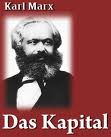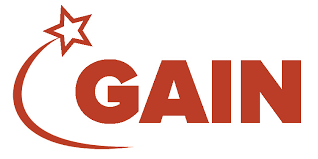Main Menu
Latest Blog Entry
User login
Coaching vs administration: Productive vs unproductive labour?
 Prompted by a discussion with Simon Worsnop, mainly on the state of the economy, the thoughts of Karl Marx on productive vs unproductive labour can be applied to coaching and indeed training.
Prompted by a discussion with Simon Worsnop, mainly on the state of the economy, the thoughts of Karl Marx on productive vs unproductive labour can be applied to coaching and indeed training.
A staple of economic theory is whether your work is contributing to society’s wealth or not. Marx then thought that the productive labourer (like a farmer growing more food than they need) was being exploited by the non productive workers.
As a Coach, how do you spend your time? Some of it will be Coaching, some will be on planning, some on reflecting, some on networking all of which can be said to help the athlete get better. But what about invoicing, report writing, travelling, problem solving?
As an athlete, how much of your training time is spent on productive labour? My key is the warm up- are you engaged in the session from the get go? Is it relevant to the activity that follows? How about the session itself, does every set, rep and exercise have a purpose- if not, then it is just work (unproductive labour). How much time do you spend travelling to training sessions? would that time be better spent doing stuff closer to home that is more self directed and specific to you? Is there a need to go on another “team building day” if you aren’t in the squad, or if there is no correlation with inter personal relationships and your on field interactions. Why do a commando course if you are a ball player or boxer?
If you are an administrator, how much of your time is spent actually reducing barriers for the Coach and for the athlete? How much of your time is creating work for the athlete and Coach- and then you can show how “productive” you have been. In my mind the best administrators are the ones you don’t notice- because they are making life easier for all concerned.
Within the National Governing Bodies of sport it is amazing how much unproductive labour there is; Some jobs are being created to look good, and then they have to justify their own position by making work for themselves and for others. Coaches doing unnecessary testing and reporting is an example.
As part of an end of season review- or half year review- have a clear look at what is productive or unproductive labour within your own environment.
Client Testimonials
 Vern Gambetta: GAIN founder
Vern Gambetta: GAIN founder
James Marshall is the consummate professional, always learning and working to make himself better. His focus is always on the athletes he working to make them better by exploring and discovering the dimensions of movement. He is a longtime active member of the GAIN professional development network. This gives him access to other professionals around […]
More

